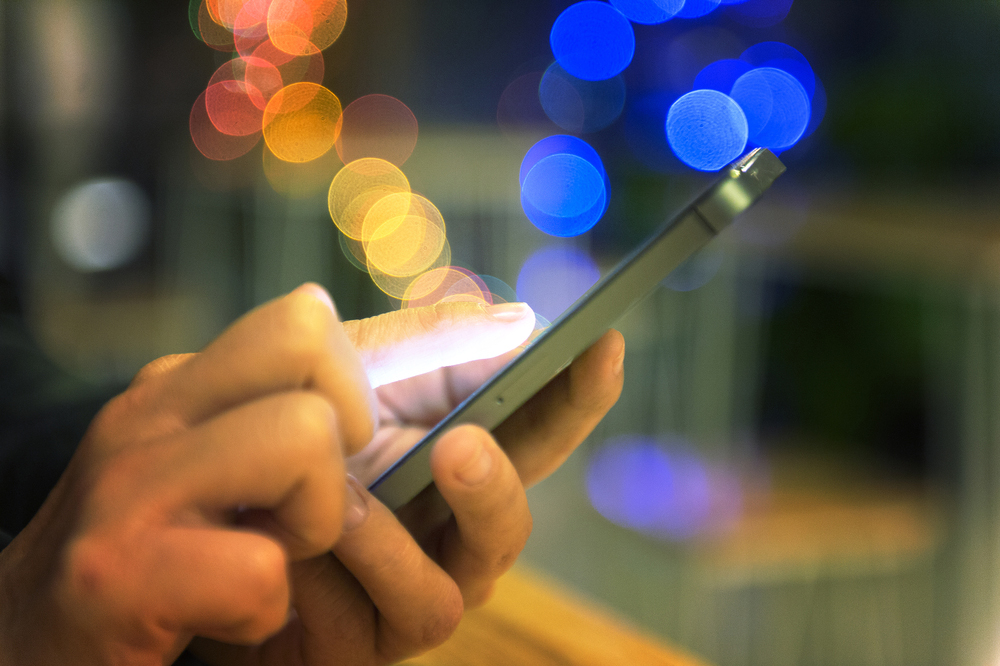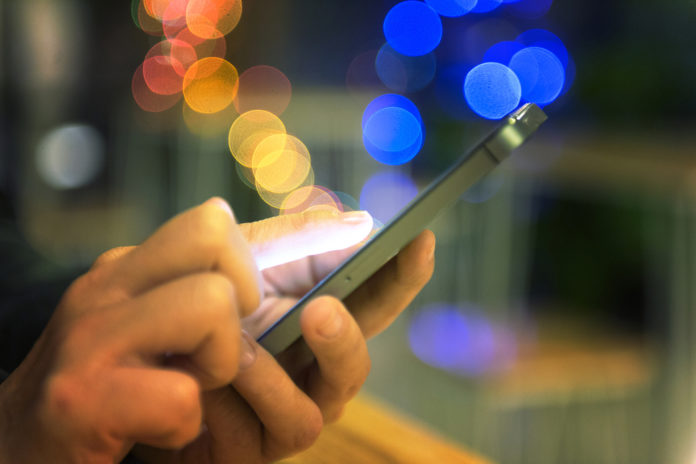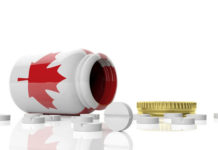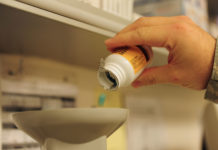The first prescription digital therapy designed to treat substance use disorder (SUD) is currently under review by the U.S. Food and Drug Administration (FDA).
Boston- and San Francisco-based Pear Therapeutics developed reSET, a mobile app used as a treatment tool concurrently with outpatient therapy centered on SUDs. The project has demonstrated better abstinence and treatment retention when applied alongside face-to-face therapy focused on SUD-related treatments for alcohol, marijuana, cocaine and stimulants. The therapy also includes a web-based program for health care providers.
The company raised $20 million last year with the aid of various venture companies including Arboretum Ventures.
“[reSET] will give patients and clinicians a new tool to improve therapy specifically in an area right now that is a true health epidemic in the U.S,” said Dr. Thomas Shehab, managing director at Arboretum Ventures. “It’s an extremely novel approach to central nervous system and behavioral health diseases that we didn’t see anyone else addressing in that way.”
The funds were applied to the development of Pear Therapeutics’ digital therapy projects including reSET, which was submitted for review by the FDA during the first half of 2016 and is expected to be approved this year.
“[Arboretum Ventures] is particularly intrigued by their approach because it’s a combination of a very well studied digital therapy being used in conjunction with other therapies,” Dr. Shehab said. “We thought the unique makeup of the Pear team and their unique approach to digital therapies really made us feel it had the highest likelihood of success in really helping regress these issues.”
According to data provided by Pear Therapeutics, 507 people with SUD from 10 treatment centers nationally were randomized to receive either face-to-face therapy or reduced volume of face-to-face therapy with reSET. They were given 12 weeks of outpatient therapy with or without using the app; if without, a portion of the digital therapy was replaced with face-to-face therapy.
Abstinence was calculated two times weekly through a breathalyzer, urine samples and self-reports. Of the participants dependent on alcohol, marijuana, cocaine and stimulants, 58.1 percent of them receiving treatment with reSET were abstinent during week nine through 12, versus 29.8 percent of participants receiving only face-to-face therapy.
Of the participants who started the study with a positive drug test, 26.7 percent of them who received reSET were abstinent during weeks nine through 12 of the study; only 3.2 percent of those that received traditional face-to-face therapy reported abstinence during the same time period.
Participants using reSET presented statistically significant advancement in retention rates compared to those not using the app. After 12 weeks, 59 percent of participants that received face-to-face therapy retained sobriety in comparison to… (continue reading)

















